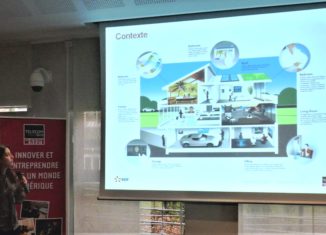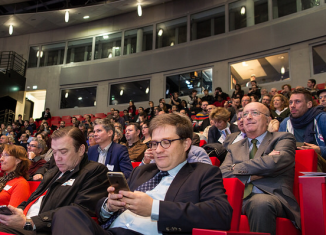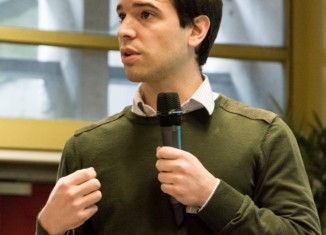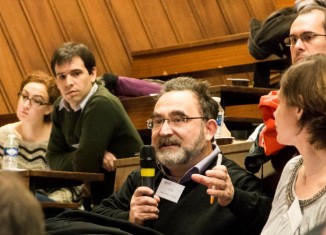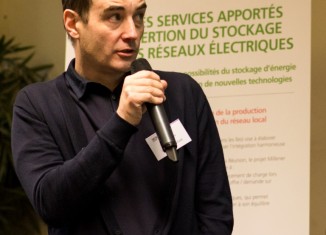Proc. of the IEEE Globecom Confrence, Singapore, Singapore, Dec. 2017
10.1109/SmartGridComm.2017.8340728
Abstract: Future electricity distribution grids will host a considerable share of variable renewable energy sources and local storage resources. Moreover, they will face new load structures due for example to the growth of the electric vehicle market. These trends raise the need for new paradigms for distribution grids operation, in which Distribution System Operators will increasingly rely on demand side flexibility and households will progressively become prosumers playing an active role on smart grid energy management. However, in present energy management architectures, the lack of coordination among actors limits the capability of the grid to enable the mentioned trends. In this paper we tackle this problem by proposing an architecture that enables households to autonomously exchange energy blocks and flexibility services with neighbors, operators and market actors. The solution is based on a blockchain transactive platform. We focus on a market application, where households can trade energy with their neighbors, aimed to locally balancing renewable energy production. We propose a market mechanism and dynamic transport prices that provide an incentive for households to locally manage energy resources in a way that responds to both prosumer and operator needs. We evaluate the impact of such markets through comprehensive simulations using power flow analysis and realistic load profiles, providing valuable insight for the design of appropriate mechanisms and incentives.

